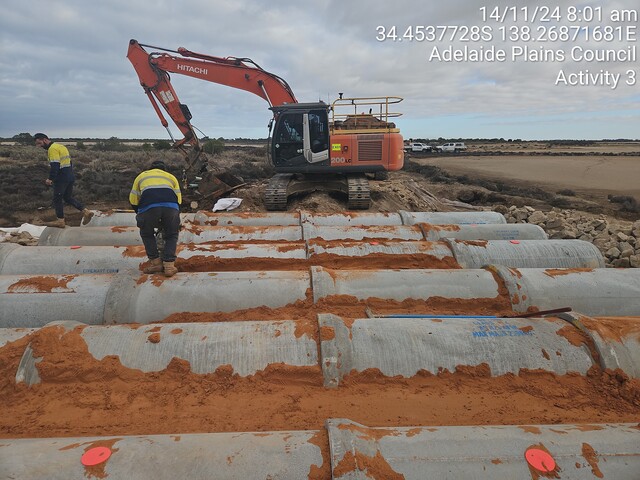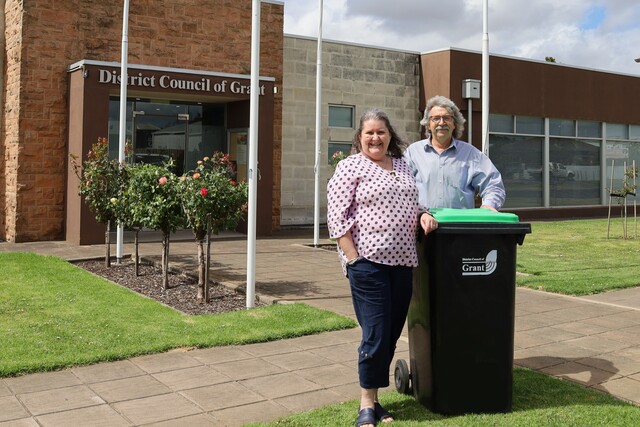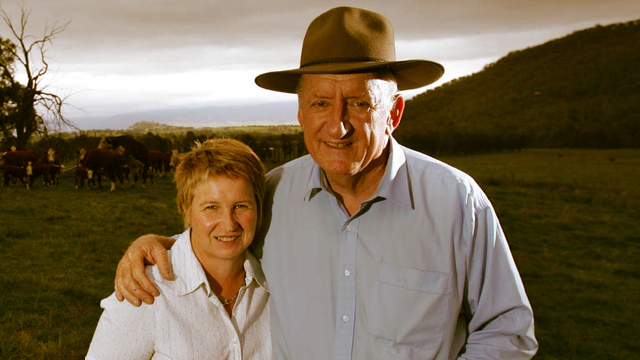The UK Experience by Malcolm Morley *
Who can argue against creating or supporting a sustainable community? The only problem is: What is a sustainable community?The definition of sustainable community is like the Yeti, much talked about but never seen. This creates real problems because everybody thinks that they know what a sustainable community is, but few can actually define it.
You can visit somewhere and get the sense that it is a sustainable community, but still find it difficult to define what it is.The reality is that there cannot be a single definition of a sustainable community. While criteria relevant to a sustainable community can be identified, such as a sense of community, the appropriateness of those criteria in the local context will vary. What will be required to create a sustainable community in a rural area might be significantly different to what is appropriate in an urban area. These differences inunderstanding can motivate thousands of normal law abiding citizens to take to the streets.
In the UK, this has been visibly and volubly illustrated by around 350,000 people from rural areas around the country marching in London. They travelled to the capital city to protest that central government does not understand rural ways of life and what makes rural communities sustainable.
Widely misreported as a march about banning fox hunting, the march was really about the fact that central government is perceived to be imposing its urban based criteria for sustainable communities on rural areas. The protestors argued that traditional and important economic activities in rural areas, and consequently the sustainability of local rural communities, are being put at risk by the urban based criteria being used by central government.
The challenges of economic development in rural areas in the UK are significantly different to those in urban areas. Lack of transport infrastructure and high house prices, coupled with planning restrictions on the provision of additional affordable housing for local people, are forcing local young people to move from rural areas to urban areas.
Planning restrictions are also preventing new commercial developments in rural areas. Rural economic development is being inhibited by legislation and policies aimed at protecting the countryside because of an urban based view of sustainable communities. This has been compounded by the removal of European Union farming subsidies and the aftermath of the recent foot and mouth disease outbreak, affecting both farming incomes and tourism.
The rural economy in the UK is in crisis and this is having a direct impact on the sustainability of many communities. This crisis has underlined the fact that economic development cannot be viewed in isolation but must be approached from the perspective of creating and maintaining sustainable communities; that the criteria and the relationships between them needs to be shared and understood by the people within those communities and those trying to help them; and that what is appropriate in urban areas might not be appropriate in rural areas.
Councils have an important role to play in the UK in economic development.
So too do many other public, private and voluntary organisations operating at local, regional, national and supra-national levels. With so many organisations involved there’s a danger that the context and objectives of economic development are lost.
The starting point has to be recognising that economic development is a means to an end, and not the end itself.
* Malcolm Morley is a Strategic Director of South Oxfordshire District Council. This is the next in a series of articles he is writing covering trends in the United Kingdom. He may be contacted by email at Malcolm.Morley @southoxon.gov.uk
The views expressed in this article are not necessarily those of his employer.







